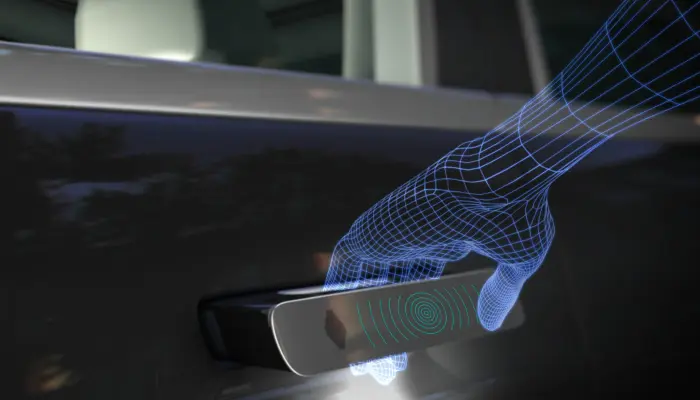Installing modern sensors on car doors is an important step in enhancing the comfort and safety of both the driver and passengers. These sensors allow the system to detect a person's approach and open the door without requiring touch, and also prevent pinching when closing.
Choosing the right sensor is not as straightforward as it might seem at first glance. There are several types, each with its own characteristics. The functionality and durability of the entire automatic door opening system depend on making the right choice.
Let's explore the types of sensors available for car doors, their advantages and disadvantages, and how to choose the best option for your car.
Types of Sensors for Car Doors
There are several main types of sensors used in car doors:
- Inductive sensors. Operate on the principle of induction coils, reacting to metal objects. Simple and reliable, but have a limited range.
- Capacitive sensors. Use changes in electrical capacity to detect objects. Have a longer range than inductive sensors.
- Optical sensors. Work on the principle of infrared radiation reflection. Offer a broad range but are sensitive to dirt.
- Ultrasonic sensors. Use ultrasonic waves to determine the distance to an object. Provide precise distance measurement.
Advantages and Disadvantages of Different Types of Sensors
When choosing a sensor for car doors, it's important to consider the pros and cons of each type:
- Inductive sensors are simple to install and cheaper than others, but have a small range.
- Capacitive sensors have a longer range than inductive ones but are less reliable in the presence of moisture.
- Optical sensors provide a wide range but require regular cleaning from dirt.
- Ultrasonic sensors are the most accurate, but also the most expensive.
Understanding these features will help make an informed choice of the sensor that best suits your specific car and operating conditions. It's important to consider both the car's operating conditions and personal preferences for convenience and maintenance costs. For instance, optical or ultrasonic sensors may be preferable for cars frequently used in high humidity conditions, while inductive or capacitive sensors may be suitable for dry climates. Ultimately, the choice should be geared towards ensuring maximum safety and ease of use.
Recommendations for Choosing a Sensor
When choosing a sensor for a specific car, it is recommended to consider:
- The type of car body - for coupes, sensors with a wide viewing angle are better suited.
- Climatic conditions of operation - in northern regions, reliable inductive or capacitive sensors are preferable.
- The cost of the sensor and its installation - inductive sensors are optimal in terms of price/quality ratio.
- Additional options, such as automatic door closing - here, more "intelligent" sensors are required.
In general, the right choice of sensor for car doors will ensure convenience and safety in operating the vehicle. Get a specialist consultation before making a purchase!
